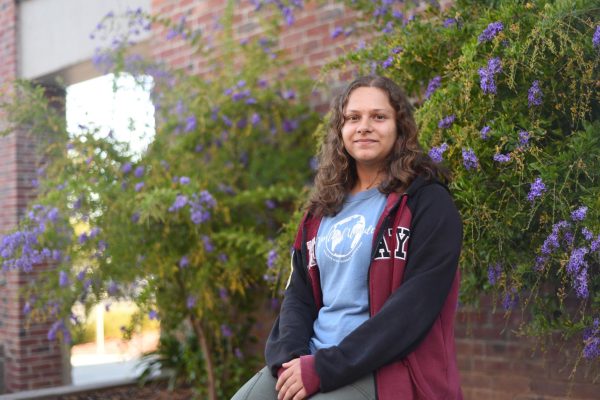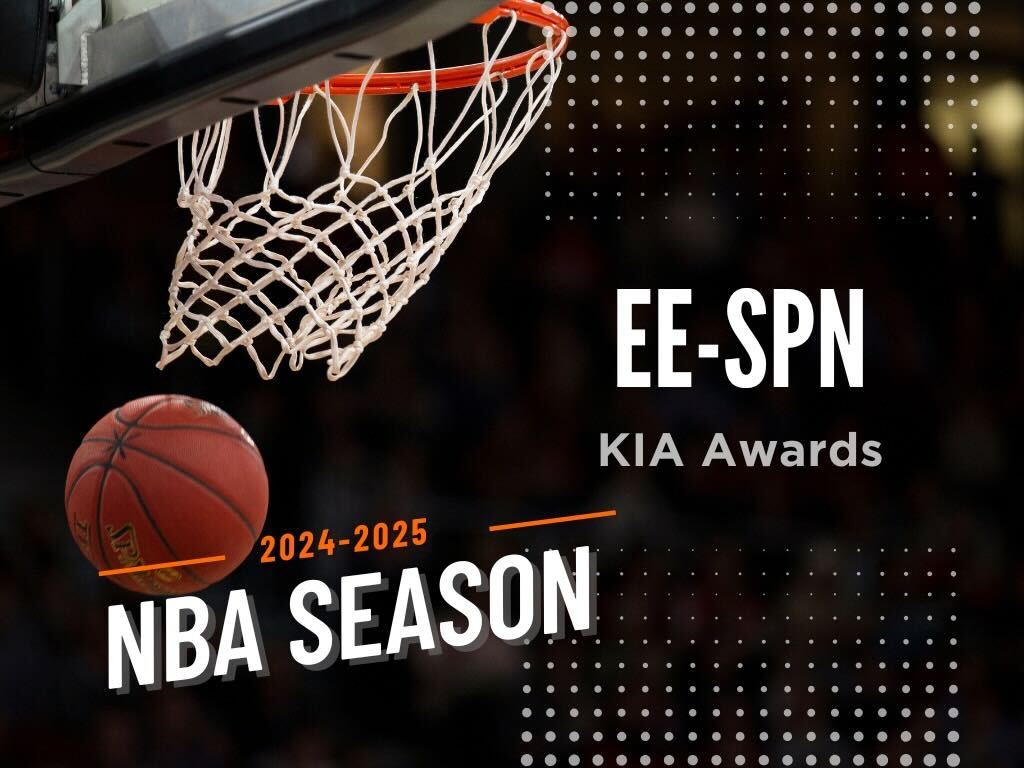AW: Hi, I’m Asha
NH: And I’m Niveda.
AW: As students, we’ve all had teachers who have made an impact on us, both positive and negative. Teachers are usually the adults we see the most often outside of our family members, and the school environment, especially leading into high school, allows for unique dynamics to develop between students and teachers.
NH: That’s very true. Like when they talk about “trusted adults” in advisory, they list teachers as an example you could go to for help with personal problems. On the other hand, we’ve also all had our complaints about teacher’s pets or favoritism. It makes me wonder, where should the line be drawn with students sharing their personal lives with teachers?
AW: Right! So today, we’ll be exploring the complexities of student-teacher dynamics — trust, boundaries and where those lines blur or should not be crossed.
NH: Teacher-student relationships can be healthy for both parties, since students and teachers can learn from each other. Students may find comfort in talking to a teacher and getting advice on personal things since teachers are experienced adults outside of family, and talking to students helps involve teachers in the school community beyond their positions as just people who teach certain subjects at school.
AW: For example, if you wanted to ask for advice about managing school stress, teachers are probably good to confide in. Small talk about what you ate for lunch or your weekend plans is also pretty common. But, it’s still normal to talk to a teacher — if they’re a trusted adult to you — about more personal issues happening at school or even at home. In the end, what you talk to your teacher about is up to you.
NH: However, such dynamics vary from case to case, and it’s important to recognize when a dynamic is potentially problematic, such as when the line between personal relationships and academic or professional ethics is compromised, for example if a student confides in a teacher about their grades causing them issues at home, and the teacher feels compelled to change the student’s grade. Or, if teachers give too many exceptions on assignments for vague personal reasons. Then, this would allow students to exploit their teacher’s good intentions or disregard the importance of student responsibility. It’s a fine line, and sometimes, it’s hard to know which method is best between letting a student overcome their issues independently versus giving them space without worrying as much about school.
AW: Wow, that’s so true. Especially considering the whole power dynamic between teachers and students. After all, they control our grades, communicate with our parents, nominate us for awards and so much more.
NH: And another important aspect of school that teachers control is college recommendation letters. Students, especially upperclassmen, are always trying to form good relationships with their teachers, partly for that reason. But that doesn’t have to be a bad thing at all, unless it gets to the point of biasing a teacher toward a student.
AW: Yeah, I think knowing your teachers on a more personal level is definitely helpful when asking for letters and is something that can help with normal academics as well. If teachers know about a personal situation, they can support you if it is impacting your academics. School counselor Belinda Olson mentions how she supports and communicates with her students.
BO: My style is more personal, like I can absolutely give the technical answers to things, right, give resources and everything else. But regardless if it’s academic planning or college or obviously social-emotional, I typically am more that open with sharing my own experiences in order to, kind of, not just build trust, but to be relatable.
NH: That’s true. According to the California Department of Education, teachers are not allowed to “grant any advantage to any student” on any basis. And there are a lot of guidelines for appropriate boundaries between teachers and students.
BO: Actually within the whole district, everybody from our classified staff to our assistant principals have to go through virtual training, and it’s mostly through, like a video tutorial kind of a thing. But it’s gotten more and more, elaborate isn’t the word, but like there are more topics and those types of things.
AW: Right, I can see how helpful that could be. This kind of training is likely a good measure to prevent exploitation of these powers over students. This way, teachers have to understand all the instances that are possible. I mean, connecting back to the power dynamic, I can see how closer relationships between students and teachers could lead to harm, like if teachers misuse their authority to make students talk to them during times after or before school that may be uncomfortable for the student, use certain knowledge about a student to unfairly judge them in academic situations, or give them certain allowances with grading but expect students to do errands for them or something in return that is hard to refuse, just due to a student’s position.
NH: And going further, to avoid these situations, I also think it’s important to pay attention to how we, as students, are going about interacting with teachers when talking about personal lives. I think some of the responsibility also falls on us to be aware enough to avoid unhealthy dynamics, which raises the question: how close is too close?
BO: I think you can show care for a student without sharing all of your own personal things. I think there’s sometimes a fine line, like a little fuzziness, between are we friends, or am I an adult mentor to you. And so through the years, I’ve had conversations where it could be misconstrued. No, we’re not friends. I will not be hanging out with you if I see you at the boba shop or at Target. That’s my normal life, my private life. I will say hi to you, but we’re not talking about school stuff and you know, those types of things.
AW: True, some things are definitely crossing a line, like sharing personal phone numbers or social media. In fact, sharing these and other forms of private, non-professional communication is against the California Teachers Association official Code of Ethics. With things like sharing personal issues, though, the line is more blurred, especially in terms of whose responsibility it is to properly navigate.
BO: I think it’s hard to fault students to know. We’re the ones that have gone through our training, we’re the ones that are professional, we’re the ones that should be the safe place, because I can’t assume that you have other safe places, right? So I think it’s our role, at least for me, it’s my role to make sure that I can guide you through. Like there’s nothing that you share with me that’s too out there. There’s things that I can’t talk to you thoroughly about, or that I can’t give you advice on, but it’s my job to kind of hold it and find someplace to connect you to.
NH: I think that’s a great way to put it. But also, it brings up the question of what we should do if we, as students, feel uncomfortable with a situation.
BO: I think, honestly, remove yourself from the situation, right? Say, I feel like I’m being misheard. I am going to maybe talk to somebody else about it, and then go from there. It depends on where that student’s safe place is, or who they feel like can advocate for them. I think keeping it to yourself like that doesn’t help. Keep that yucky feeling in, it’ll just fester, right? So you’ve got to share that so that somebody can help get that out. It could obviously be a counselor, but it could be a parent or it could be another teacher. It could be whoever.
AW: With all of this in mind, I think that, in these scenarios, it is important to trust your gut instinct, and not feel ashamed about removing yourself from a situation even if nothing strictly “bad” has happened yet.
NH: Yeah, better safe than sorry! I think that that is in general a good policy for future interactions we may have with adults and others who hold some form of power over us, no matter the complexities or nuances that exist.
AW: Right, we should all stay aware of the “lines” which are ultimately our own boundaries, that we don’t want to cross, so that we can recognize when we need to take a step back or seek help elsewhere.
NH: With that, thank you for listening!
AW: Thank you for listening!


















